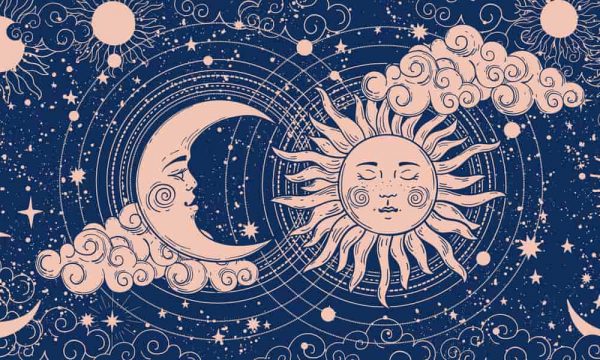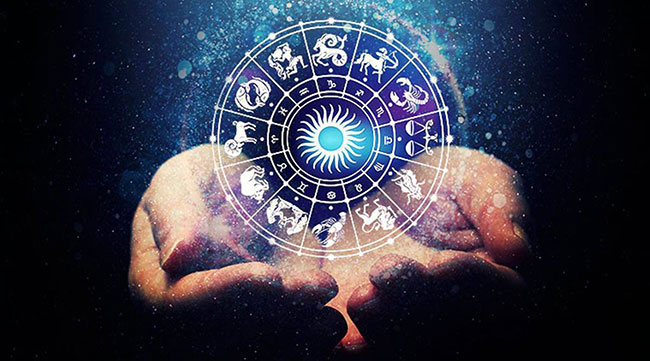Astrology, the practice of studying the influence of celestial bodies on human affairs, has captivated civilizations for millennia. From ancient Babylonians predicting harvests based on planetary movements to modern individuals seeking guidance through horoscopes, astrology has woven itself into the fabric of human experience. However, the question of astrology’s validity remains a topic of ongoing debate.
A Glimpse into the History and Practice:
Early astrological systems emerged in Mesopotamia around the 2nd millennium BCE. By observing the movements of the Sun, Moon, and planets, people believed they could discern patterns and make predictions about earthly events. These systems often intertwined with religious beliefs, attributing celestial bodies with divine qualities and viewing them as messengers from the gods.

Modern astrology primarily focuses on natal astrology, which analyzes the positions of celestial bodies at the time of an individual’s birth to understand their personality traits, potential life path, and future prospects. This analysis is based on a combination of the zodiac, a 12-sign belt of constellations through which the Sun appears to travel over the course of a year, and the positions of planets and other celestial bodies.
The Scientific Lens: Weighing the Evidence
Despite its historical and cultural significance, astrology lacks the core characteristics of a scientific discipline. One of the fundamental principles of science is falsifiability – the ability to disprove a hypothesis through experimentation or observation. Astrological claims, however, often remain open to interpretation and lack specific, testable predictions. Additionally, astrology struggles to provide a plausible mechanistic explanation for how the positions of celestial bodies, vast distances away, could exert a tangible influence on human lives.
Numerous scientific studies have investigated the validity of astrological claims, consistently yielding negative results. No statistically significant evidence has been found to support the link between planetary positions and personality traits, life choices, or future events. This lack of positive findings stands in stark contrast to established scientific theories backed by a wealth of evidence.
Beyond Science: The Enduring Appeal

Despite the lack of scientific backing, astrology continues to hold a certain allure. It offers a narrative structure that provides comfort and a sense of predictability in a complex and often-uncertain world. Furthermore, believing in astrology can empower individuals by attributing their successes and failures to external forces, offering a sense of control. It can also foster a sense of belonging and connection to something larger than oneself, tapping into deeply ingrained cultural and philosophical beliefs.
Conclusion: A Balanced Approach
Astrology represents a fascinating intersection of human curiosity, history, and belief. While it may not hold scientific weight, understanding its origins, practices, and cultural significance allows for a more informed and nuanced perspective. Ultimately, embracing scientific reasoning and fostering critical thinking empower individuals to make informed decisions based on evidence while acknowledging the cultural and personal meaning that others may find in various belief systems.














